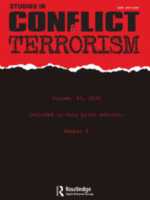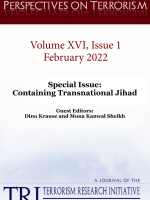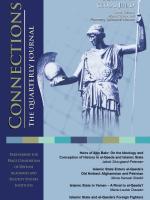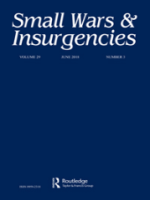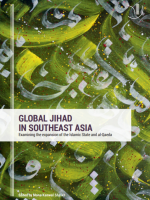Exploring the agency of the affiliates of transnational Jihadist Organizations
In this journal article, Maria-Louise Clausen examines the agency of al-Qaeda in the Arabian Peninsula (AQAP), arguing that the literature on proxies can contribute to existing literature by providing ways of theorizing the relationship between al-Qaeda central and its affiliates.
The ability of trans-national jihadist organizations to exploit war, state collapse and geopolitical upheaval in the Middle East to expand and consolidate their global networks, is of major concern.
This has led to a growing literature that investigates the factors that may or may not lead to the expansion of organizations such as al-Qaeda and Islamic State. Thus, this article contributes to debates on inter-organizational dynamics within trans-national jihadist organizations by using the proxy war literature to explore the factors that may foster or inhibit the agency of local affiliates of trans-national jihadist organizations.
It uses the case of al-Qaeda in the Arabian Peninsula to explore how a local affiliate navigates between the local and international. Specifically, the article suggests that al-Qaeda in the Arabian Peninsula displays substantial agency in how it navigates between local integration and its relationship to al-Qaeda central. In doing this, the article underscores the need to look beyond rhetoric aimed at an international audience to get a fuller understanding of the affiliates of trans-national jihadist organizations.
DIIS Experts

